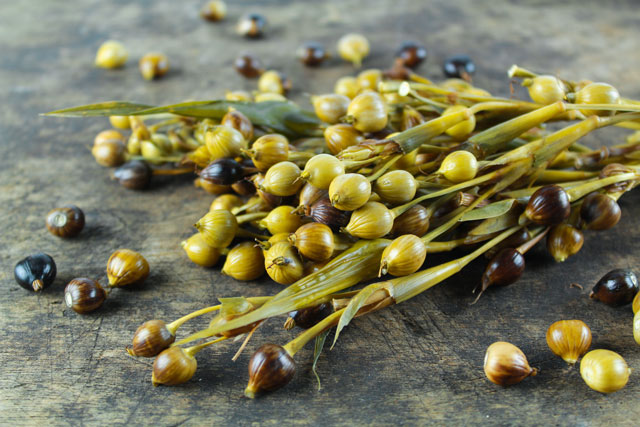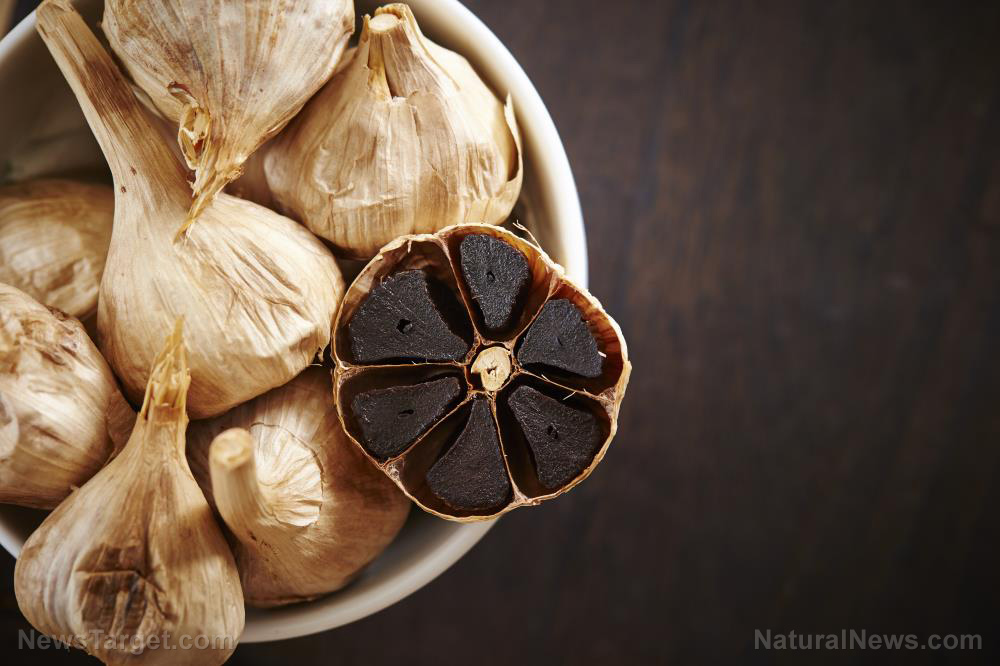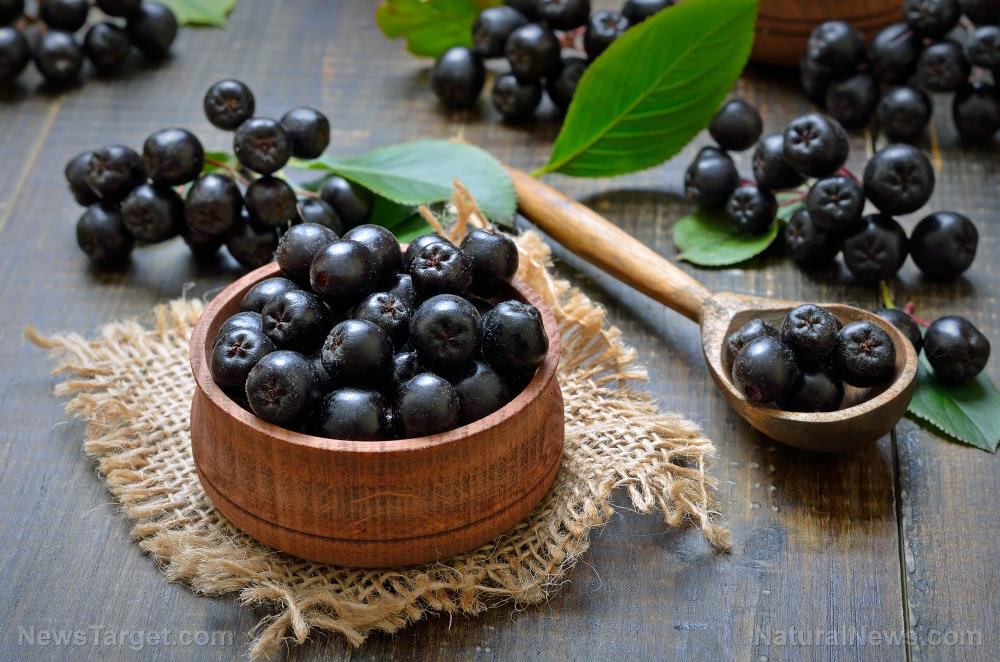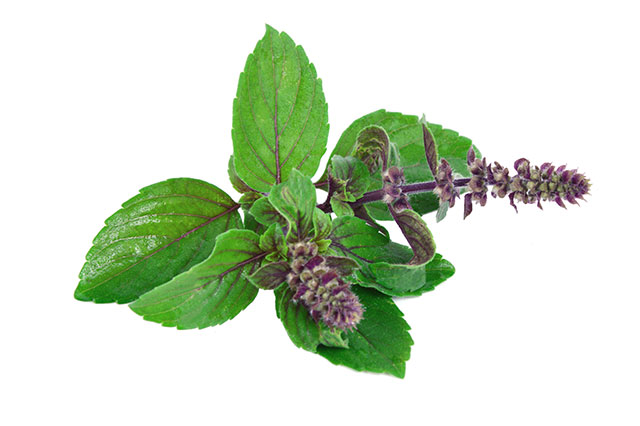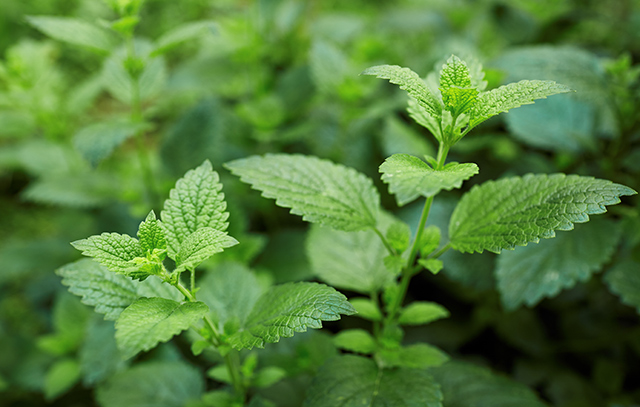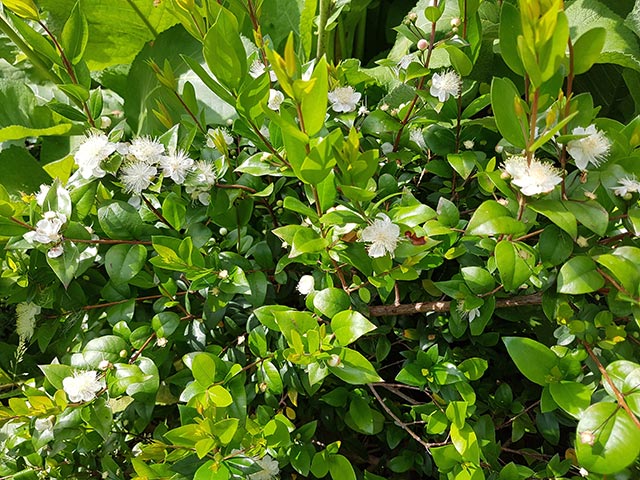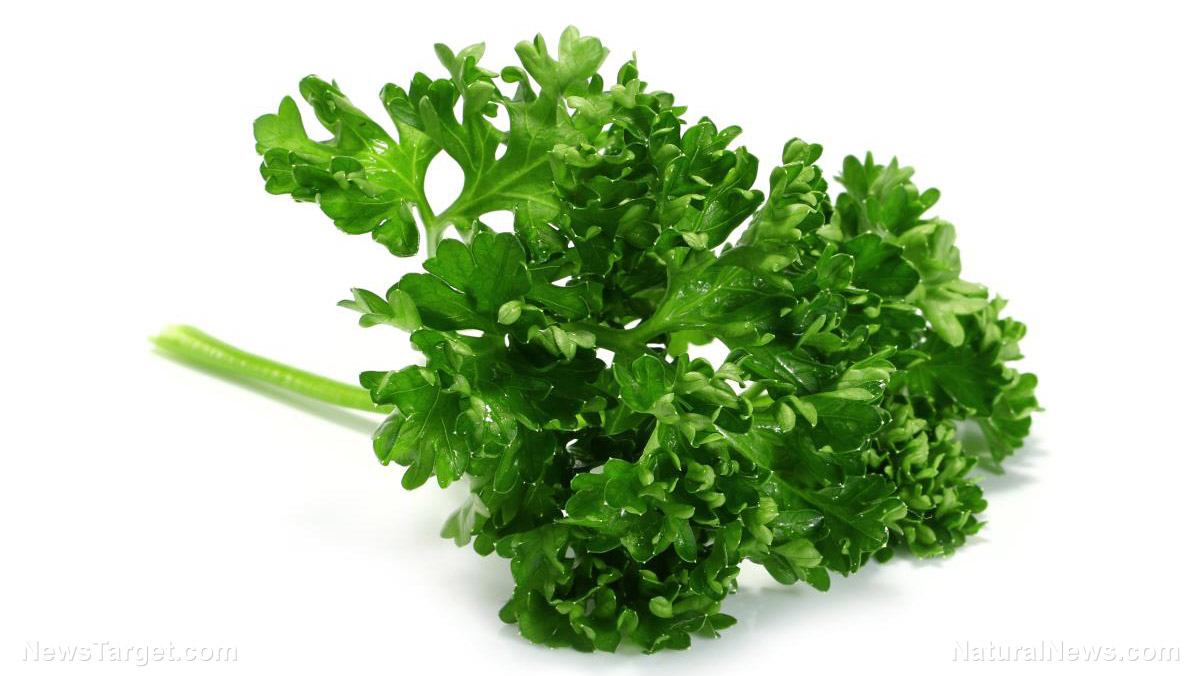Butternut squash is a yummy way to boost your vitamin C levels
10/26/2018 / By Zoey Sky

Butternut squash (Cucurbita moschata), which belongs to the Cucurbitaceae family of cucurbits or gourds, is also called winter or pumpkin squash. A good source of vitamin C, butternut squash is also rich in carotenoids and minerals.
Butternut squash has complex carbohydrates and significant amounts of iron, magnesium, potassium, and riboflavin. The gourd also contains carotenoids like alpha-carotene, beta-carotene, beta-cryptoxanthin, lutein, and zeaxanthin.
Butternut squash is a low-fat food, but it also has healthy fats like alpha-linolenic acid, which is a beneficial omega-3 fatty acid. Omega-3 fatty acids have anti-inflammatory properties.
The gourd’s vitamin C content is unusually stable during storage and processing. While butternut squash ripens, its flesh produces more vitamin C. If it’s stored properly at cool temperatures (12 to 14 degrees C or 54 to 57 degrees F), squash can retain most of its vitamin C content. Butternut squash can retain about 80 percent of its vitamin C content after about 30 minutes of cooking at 95 degrees C (203 degrees F).
Butternut squash seeds are edible and they can be roasted like pumpkin seeds (Cucurbita pepo). The seeds contain:
- Alpha-, beta-, and gamma-tocopherols – These tocopherols are a precursor of vitamin E.
- Carotenoids
- Linoleic acid – A polyunsaturated omega-6 fatty acid
- Oleic acid
- Zinc
Butternut squash in traditional and modern medicine
In traditional Chinese medicine (TCM), butternut squash is considered a “warm” food that aids digestion, alleviates pain, and improves qi (life/vital energy) deficiency in the spleen and pancreas. In TCM, fresh squash juice was used to reduce inflammation and relieve burns. (Related: Squash Colds and Flu With These Delicious Soup Recipes.)
Modern research on the therapeutic properties of butternut squash often focuses on in vitro cell studies and animal studies. Other studies on the gourd have determined that:
- Butternut squash pulp is a viable source for the production of prebiotics that can be used in functional food and nutraceutical products.
- The gourd contains a bioactive compound called cucurmosin, which can be isolated from the fleshy part of butternut squash. Cucurmosin can inhibit the growth of cancer cells by inducing apoptosis (cell death).
- In animal models, rats fed a high-fat diet supplemented with a fermented extract of butternut squash fruit exhibited less weight gain and lower levels of serum lipids when compared to a group of rats fed the same diet without supplementation of the extract.
- Studies also looked into the effectiveness of butternut squash peel extract when healing burn wounds. A burn cream with a 20 percent concentration of peel extract exhibited a “more substantial reduction of wound area by day 10 of application compared to control, and significantly decreased lipid peroxidation in the skin tissue compared to control on day 14.” Researchers observed a dose-dependent effect since the test cream with only 10 percent extract concentration wasn’t able to produce the same results as the cream with a 20 percent concentration of peel extract. The study authors posited that the anti-inflammatory effects were due to the powerful antioxidant properties of butternut squash.
Cooking with butternut squash
If you’re cooking butternut squash, you can pair it with both savory and sweet flavors like balsamic vinegar, cinnamon, maple syrup, and smoked paprika.
Suggested cooking and preparation methods for the gourd include:
- Adding butternut squash to a vegetable soup.
- Cutting the squash in half, adding brown sugar, vanilla extract, and toasted pecans, then baking.
- Serving it mashed as a substitute for potatoes.
- Using it as a substitute in any recipe that required canned or pureed pumpkin.
Read more articles about the health benefits of butternut squash at Healing.news.
Sources include:
Tagged Under: anti-inflammatory, botanicals, burn wounds, butternut squash, Cucurbita moschata, Cucurbitaceae, cucurmosin, herbal medicine, herbal remedies, home remedies, ingredients, natural cures, natural healing, natural medicine, natural remedies, phytochemicals, prebiotics, prevention, proper nutrition, pumpkin squash, remedies, research, squash, squashes, vitamin C, Winter squash


